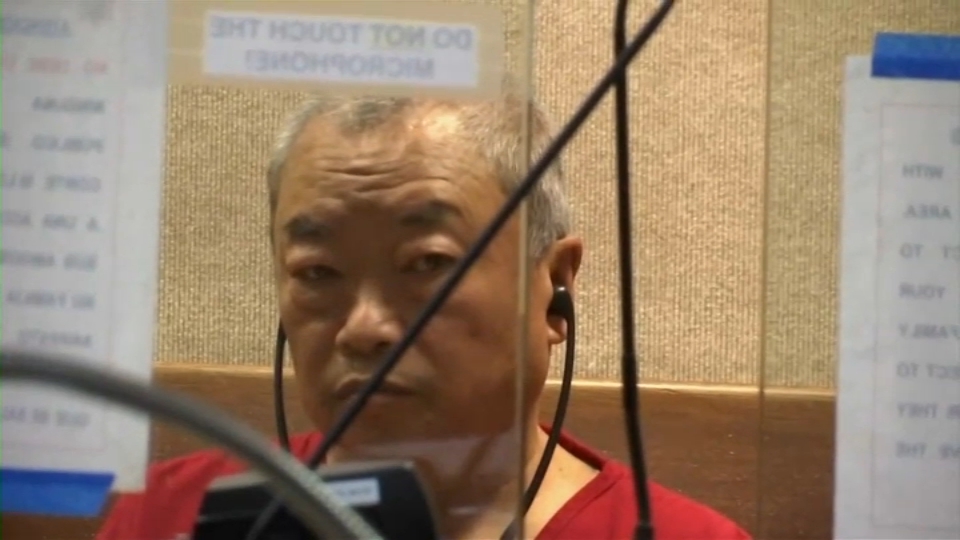When Winnie Bazurto was born, William Howard Taft was president of the United States.
The 101-year-old San Mateo woman who grew up in Oakland hasn’t slowed down from her younger days.
Gale Carli, Winnie’s granddaughter, said, “She doesn’t know what slow means. She’s never known what slow means!”
But life did slow down for Bazurto January of 2012, when Carli, who’s a registered nurse, noticed lumps seemingly multiplying around her grandmother’s right lower eyelid. It turned out to be basal cell carcinoma – the most common form of skin cancer.
“I didn’t think anything was going to… let’s face it, at this stage in the game,” said Bazurto, trailing off with a smile. “If she wasn’t 100 years old, she would have been a great candidate for surgery. Surgery would have been eight hours so we knew she wasn’t going to survive with that,” said Carli.
“The other option was radiation therapy took her down to Stanford, had a consult down there.The radiologist said every day for six weeks. That wasn’t going to be an option.”
But Bazurto did have one more option, thanks to a new FDA-approved drug by Genentech called “Erivedge.” Stanford doctors asked her to take part in a research program along with about 100 others, all suffering from the same type of skin cancer.
Local
Dr. Anthony Oro was part of the research nearly 20 years ago that helped prove and provide the science behind the pills. He said it was ten years before even that when scientists realized that information on biological development in fruit flies could be found in humans.
Out of all this research came information about the “hedgehog pathway,” which causes cells to continue to grow, contributing to the start of cancer. “When you’re out in the sun getting exposed to sun, you mutate,” explained Oro “This signals to stem cells and then you get too much of the signal in the stem cells. It keeps growing, and growing, and growing and that’s what cancer is.” The pills work to block those signals, shrinking the tumor.
That’s what happened to Bazurto. Four-and-a-half months after she was diagnosed, Dr. Oro said the tumors were practically gone – a minor operation confirmed the cancer was successfully treated. He added that the majority of the patients, in their 40s, 50s and 60s, saw the same results.
“These are patients who had cancer wrapped around their eye and the only other option was to take the eye out. So, when u give these patients the medicine and within a month or two they just respond so dramatically, that was pretty amazing to us,” said Dr. Oro. “A lot of times you do these trials and it doesn’t work, and you feel very sad for the patients. But when it works this effectively, it’s really a joy to see the patients first respond.”
This breakthrough target therapy treatment may do the same for other kinds of cancers, from pancreatic to colon to prostate. Dr. Oro says countless colleagues are working on also making sure to build a different drug for those who developed a resistance to the pill and its effect. Bazurto has returned to her favorite hobbies at her San Mateo nursing home: reading, writing, and most of all, watching San Francisco sports on TV. She even has files in her room with labels from “football” to “baseball” – files for her family pool.
Her daughter and granddaughter said Bazurto wins quite often. It was just last week she scored $200. For her, being able to fully see again has made a world of difference. “She even did a FaceTime one afternoon because she could see the phone with her great-granddaughter in Hawaii. It was lovely.” But the 101-year-old said the best part has been spending time with family, but also building more of those relationships. Those at Judy’s Nursing Care Home where she’s been staying has three male caretakers who Bazurto said have a place in her heart, especially with their bright wake-up calls. It’s something she looks forward to every night. “To have one of the youngsters come in and say, ‘Good morning, time to get up, beautiful!’” Bazurto laughed. “And they’re so right.”



